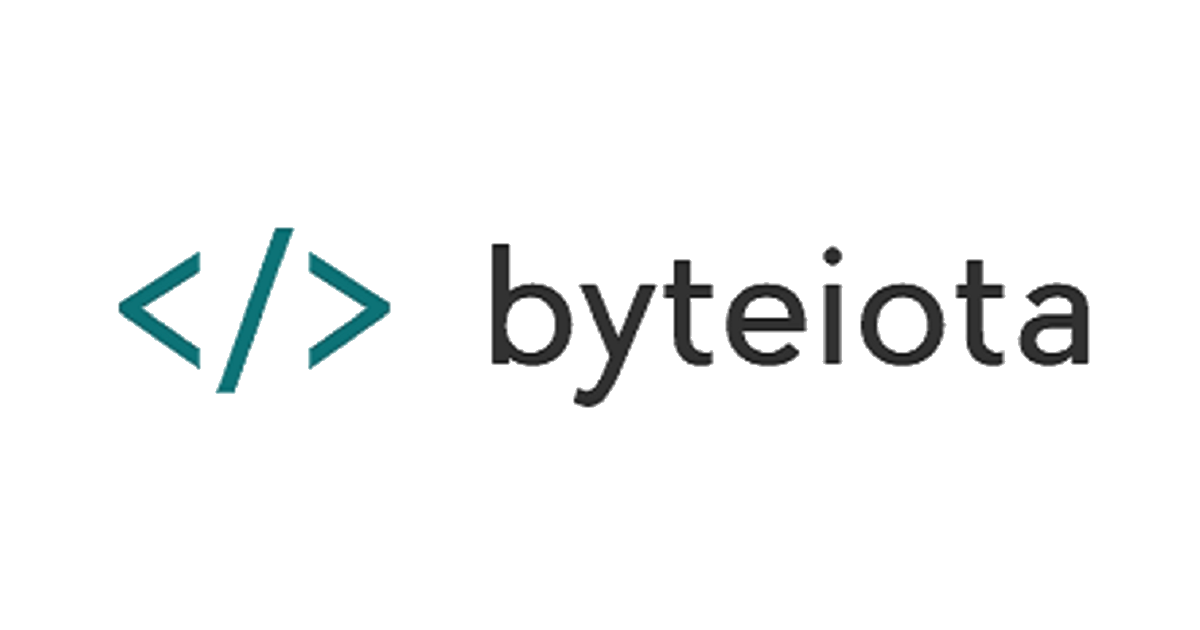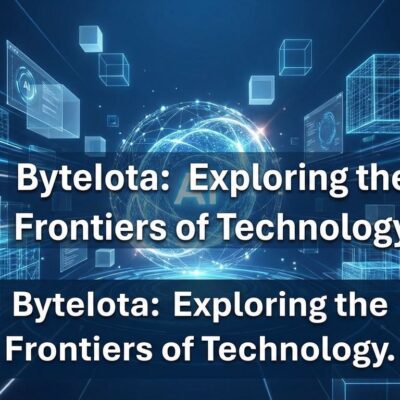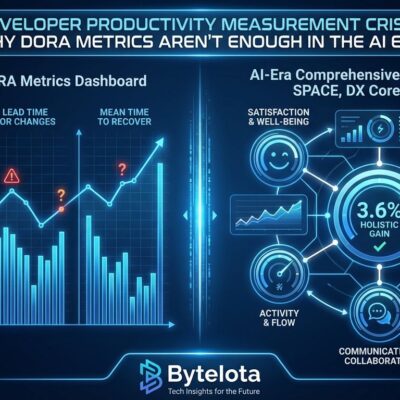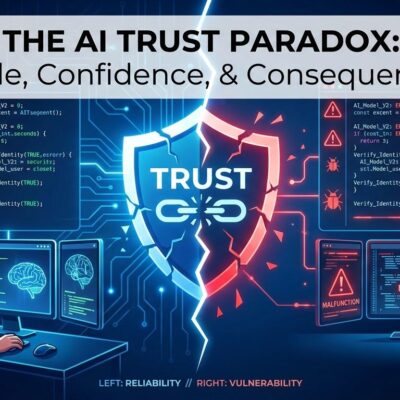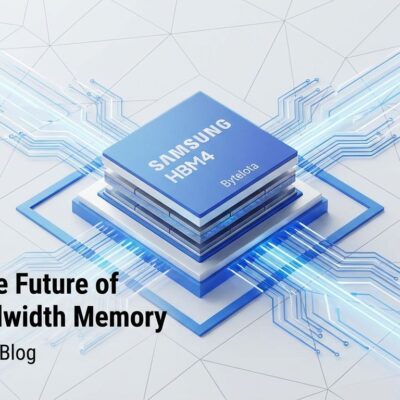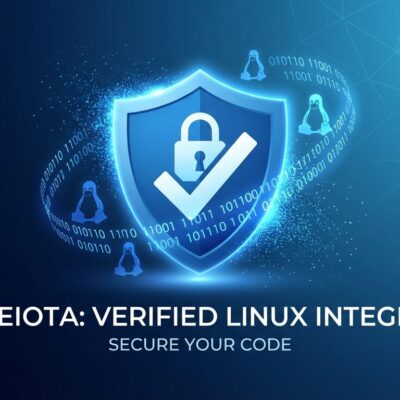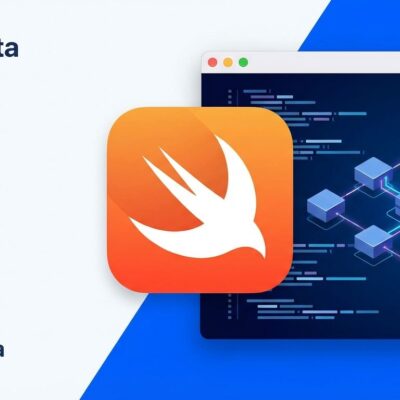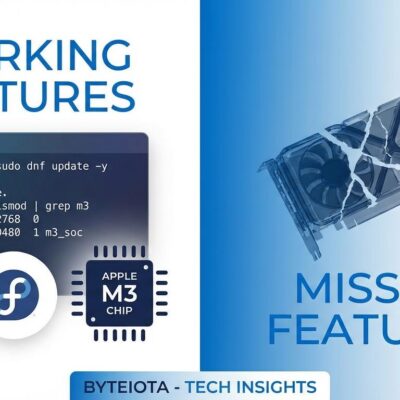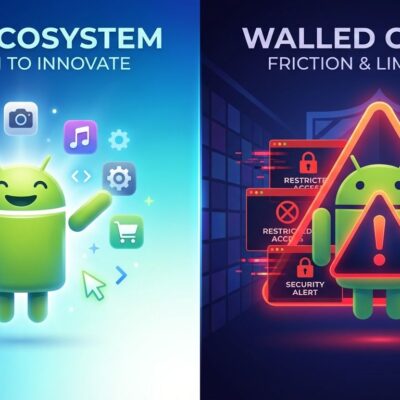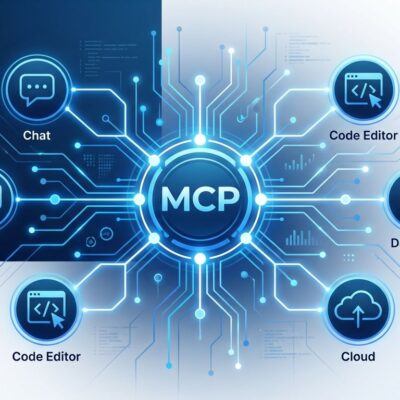
The Rust Foundation just banned GPL-licensed projects from using “Rust” branding. The new trademark policy, announced this week, effectively prohibits GPL code from using the Rust name and logo without explicit permission. This isn’t about legal technicalities—it’s about corporate sponsors using money to control what “open source” means. Google, AWS, Microsoft, and Meta fund the Rust Foundation. GPL threatens their business models. So the foundation bans GPL. Follow the money.
Corporate Capture Disguised as Governance
Here’s the pattern. A company or community creates a genuinely open project. It gains success. A foundation forms for “sustainability.” Corporate sponsors fund it. The foundation serves corporate interests while claiming neutrality. The community discovers they lost control. Docker became Moby, MongoDB changed to SSPL, Elasticsearch forked when AWS turned it proprietary, Redis altered licensing. Now Rust bans GPL via trademark. Different mechanisms, same outcome: corporate money determines licensing decisions for “community” projects.
The Rust Foundation’s sponsors—Google, AWS, Microsoft, Meta—all have commercial interests incompatible with GPL. That’s not coincidence. GPL requires derivative works also be GPL, threatening proprietary models. These companies fund the foundation. The foundation bans GPL. You cannot simultaneously be community-driven and corporate-funded, neutral stewards and sponsored by companies with business agendas, protecting open source and banning OSI-approved licenses. The GPL ban exposes this contradiction.
GPL Built the Modern Software World
The Rust Foundation treats GPL like toxic waste. But GPL built the infrastructure the tech industry depends on. The Linux kernel runs 90% of cloud infrastructure—GPL licensed. GNU project tools are foundational to every Unix-like system—GPL licensed. Git, which every developer uses—GPL licensed. The Open Source Initiative explicitly approves GPL as meeting every criterion for “open source.”
Companies hate GPL because it prevents what they want: take open code, make proprietary improvements, monetize without sharing back. GPL restricts corporations, not users. That’s by design. Corporate foundations frame GPL as “restrictive” while promoting MIT and Apache licenses that allow proprietary capture. Then they use trademark control to ban what the code license couldn’t. If you don’t like copyleft, use MIT. But don’t pretend GPL isn’t legitimate open source, and don’t use trademark policy to erase licenses that threaten your business model.
The Community Split Reveals the Real Debate
The Rust community split roughly 50/50. GPL advocates say “follow the money” and “Rust was community-built, now corporate-owned.” GPL was good enough for Linux, so it should be good enough for Rust. Foundation supporters respond that trademark and license are separate concerns, and the foundation protects Rust’s future through corporate adoption.
Strip away the legal language, and the real question becomes clear: should corporate money control community projects? Pro-foundation voices say yes, that’s how sustainability works. Anti-foundation voices say that’s the problem—money shouldn’t determine licensing decisions. Both positions are consistent. They’re optimizing for different values: corporate adoption versus community control.
Better Foundation Models Already Exist
This didn’t have to happen. The Python Software Foundation maintains a liberal trademark policy allowing GPL projects freely. The Linux Foundation oversees a GPL kernel while managing corporate sponsors. Both prove you can have funding without surrendering to corporate control. The difference? Those foundations serve their projects. The Rust Foundation serves its sponsors.
What Comes Next for Rust and Open Source
Most likely, the community accepts this. Developers prioritize ecosystem over principles. GPL projects rebrand or switch licenses. The corporate model wins, setting precedent for every other foundation. There’s a chance backlash forces policy revision, or that GPL advocates fork and create independent governance. Maybe legal challenges around trademark abuse. But the bigger pattern matters more than Rust’s outcome.
If the Rust Foundation succeeds in banning GPL, every corporate-funded foundation will follow. “Open source” becomes “corporate-approved source.” GPL gets marginalized. Money explicitly determines technical decisions. That future is already here—the Rust Foundation just made it obvious. Similar to how organizational structures can subvert original principles, corporate control transforms community governance.
When corporate money funds your “community” foundation, the community loses. We’ve seen this too many times to claim surprise. The only question is whether we’ll keep pretending corporate-funded foundations serve communities instead of sponsors. The GPL ban gives you the answer.
